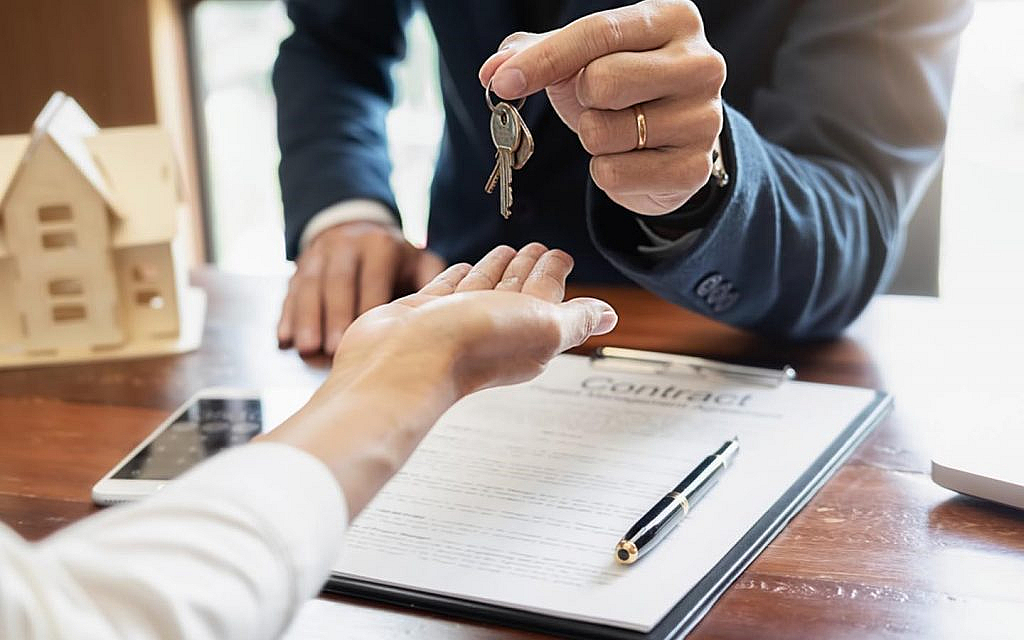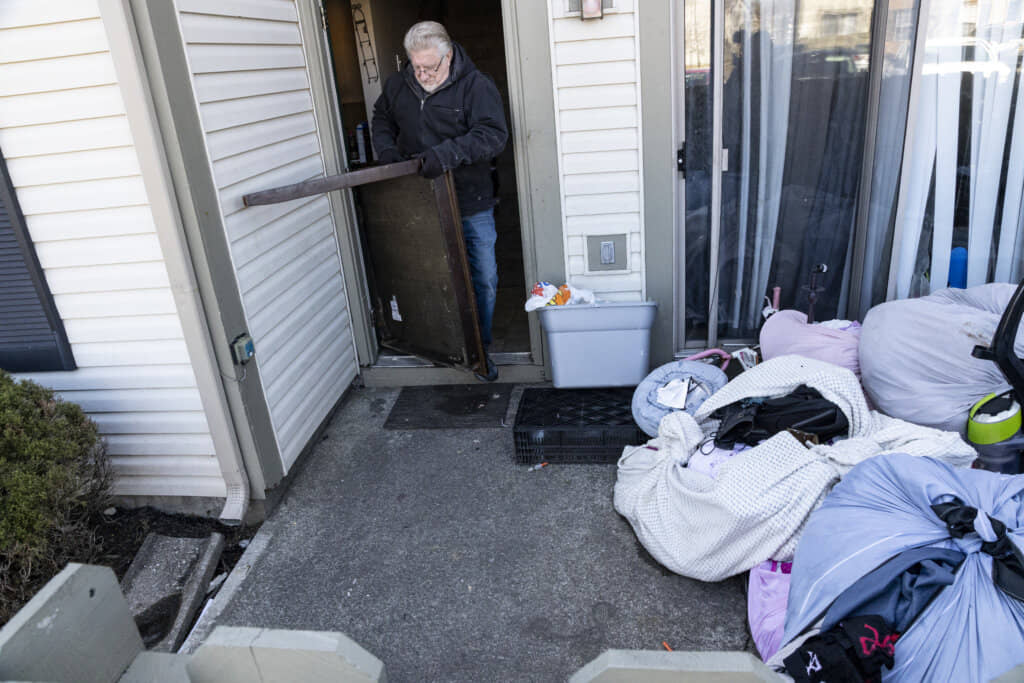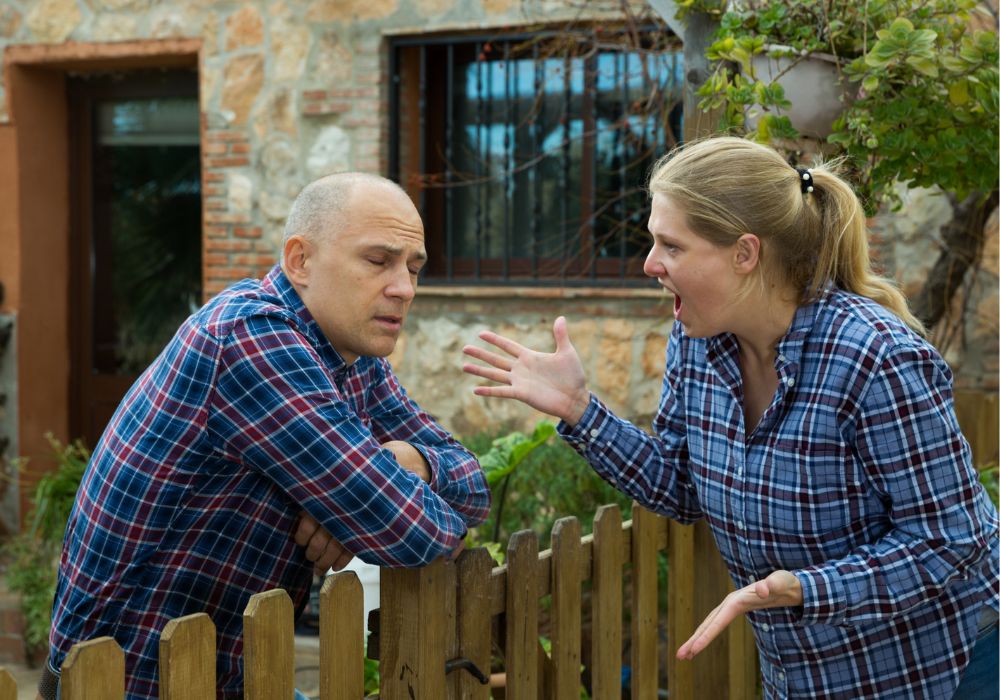Renting an apartment is a significant commitment, and tenants rely on landlords to provide safe and legal living spaces. However, what happens when your landlord rents you an illegal apartment?
In this article, we will explore the question can I sue my landlord for renting an illegal apartment.
What Defines an Illegal Apartment?
An illegal apartment is a residential unit that has not gone through the proper approval and permitting process with the local jurisdiction. This often includes converted basements, attics or garages without safety upgrades and occupancy permits.
Common issues include lack of fire safety features, insufficient exits, insecure electrical systems and failure to meet building codes.
Can I Sue My Landlord for Renting an Illegal Apartment?

Yes, tenants may be able to sue their landlord if they discover their rented apartment is illegal. Landlords are prohibited from charging rent for unpermitted units under the law. If a landlord knowingly or negligently rents an illegal dwelling that could pose health and safety hazards, tenants may claim damages.
This includes recovering paid rent for up to four years prior if the landlord was aware of the illegality. Consult an attorney to review complaint options.
Related: How To Sue My Landlord For Unsafe Living Conditions
How Can I Know if My Apartment is Legal or Not?
Tenants should not assume a rental is legal just because it has a separate entrance and mailbox. The only way to determine if a permit and certificate of occupancy were issued is to check with the local planning or building inspection department.
Search property records online or visit in person. Question the landlord directly about permits if any doubts remain about the unit's approval status. Proper documentation protects both tenants and landlords.
What Problems Can an Illegal Apartment Pose?
Safety issues are a top concern with illegal units. Lack of fire separation, insufficient exits and substandard electrical wiring pose serious risks. Old converted spaces often fail to meet structural requirements for occupancy.
Health problems can also arise from inadequate ventilation, plumbing or weatherproofing. Tenants living in unapproved units are additionally vulnerable if issues need addressing but reporting carries an eviction risk.
Can an Illegal Apartment Put My Tenancy at Risk?
Yes, the illegal status of a rented apartment may threaten tenants' secure occupancy. If inspections are triggered by complaints, a unit's lack of permits could spur demolition orders. Landlords in this position may pursue aggressive buyouts or evictions preemptively.
Buyers inheriting an unapproved space also usually want vacant possession, giving cause to evict existing tenants. Renters are advised to understand the legal status of their home to guard against potential instability.
What Should I Do if I Discover I Live in an Illegal Unit?
Tenants discovering an illegal apartment face difficult choices. Consulting an attorney experienced in housing and landlord-tenant law is recommended before taking any action. Direct communication with the landlord, while risky, may resolve issues through repairs or permitting.
Filing a formal complaint with building authorities could trigger inspections yet ultimately leave a tenant vulnerable. Weighing options carefully with counsel can help secure rights and housing stability if the unit is substandard or unsafe.
Conclusion
In summary, tenants living in illegal apartments unknowingly risk health and safety issues as well as potential eviction down the line. If landlords have knowingly or negligently charged rent for unlawful, unapproved units without permits or certificates of occupancy, affected tenants may have legal recourse to sue and recover damages through the courts by consulting an experienced housing attorney.





